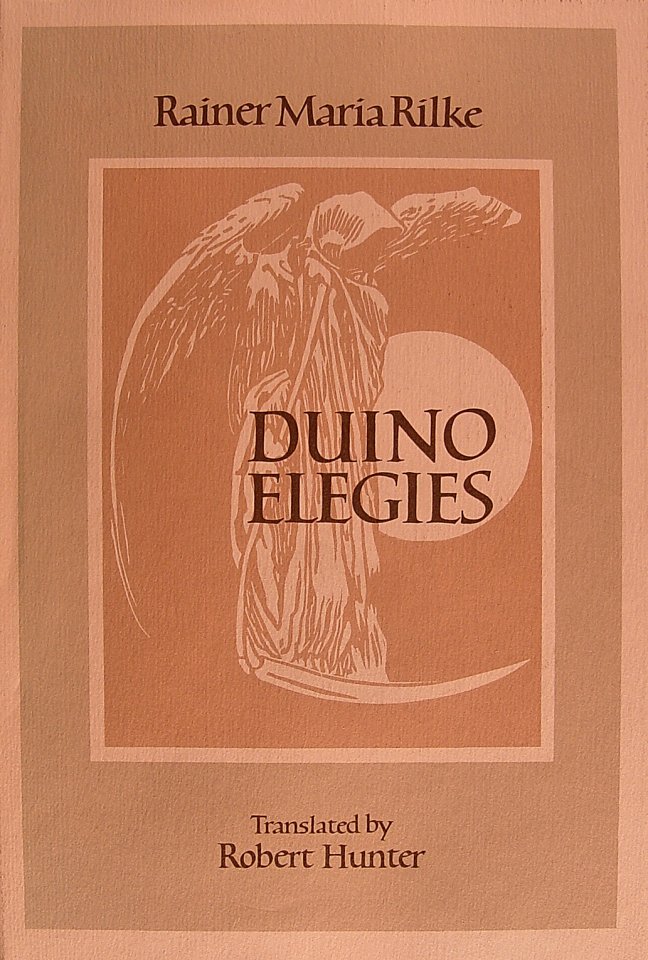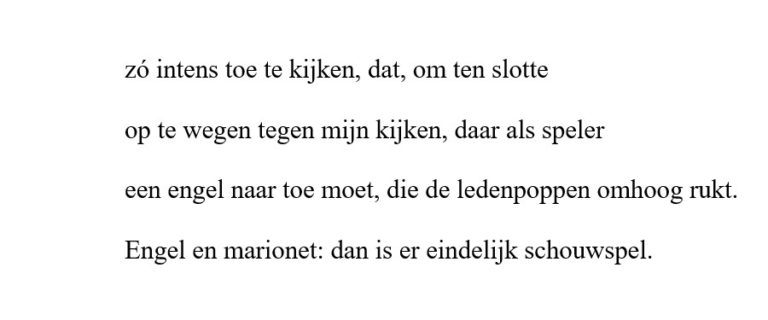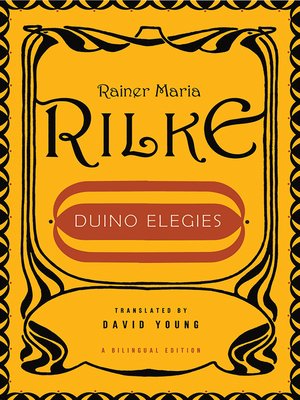
In Reading Rilke: Reflections on the Problems of Translation (New York: Alfred A. The Duino Elegies of Rainer Maria Rilke, translated William H. The Selected Poetry of Rainer Maria Rilke, edited and translated by Stephen Mitchell (New York: Random House, 1980). MacIntyre (Berkeley and Los Angeles: University of California Press, 1961). Rainer Maria Rilke: Duino Elegies, translated by C.F. Leishman and Stephen Spender (London: The Hogarth Press, 1939). Rainer Maria Rilke: Duino Elegies, translated by J.B. Elegies from the Castle of Duino, translated by Vita Sackville West (London: Hogarth Press, 1931).

In order of publication, they are:ĭuineser Elegien. I have concentrated upon the translations listed below, choosing them not necessarily because they are “the best” (the more “accurate” or “faithful” to Rilke’s text), but because in their varying and often diverging interpretations they not only make visible the difficulties and nodal disagreements in the translation of the text, but also the cleavages, ambivalences and points of often covert dispute within Rilke’s work itself. This website consists of comparative studies of the translations of (as from ) all ten Elegies. Reading is private translation is public. It involves interpretation and putting our understanding on show.

Translation involves choosing one word rather than another.


In translation the cloud of reading is brought to light. My focus in this website is on the translations of the Elegies into English, both because I am technically interested in such translations and because it is in translation rather than just reading (where the mind can suspend what it doesn’t quite understand, or at least delay confrontation with it, and where we can lie to ourselves about what words mean) that the nuances of the voice of the lyrical subject and challenging obscurities, thematic and figurative, of Rilke’s original text come to the surface. Even in translation, they have spoken to successive generations since their publication in 1923, drawing readers such as André Gide, Paul Valery and W.H. For those who believe that the poetic voice speaks with a depth of its own, Rilke’s Duino Elegies are the ultima Thule.


 0 kommentar(er)
0 kommentar(er)
